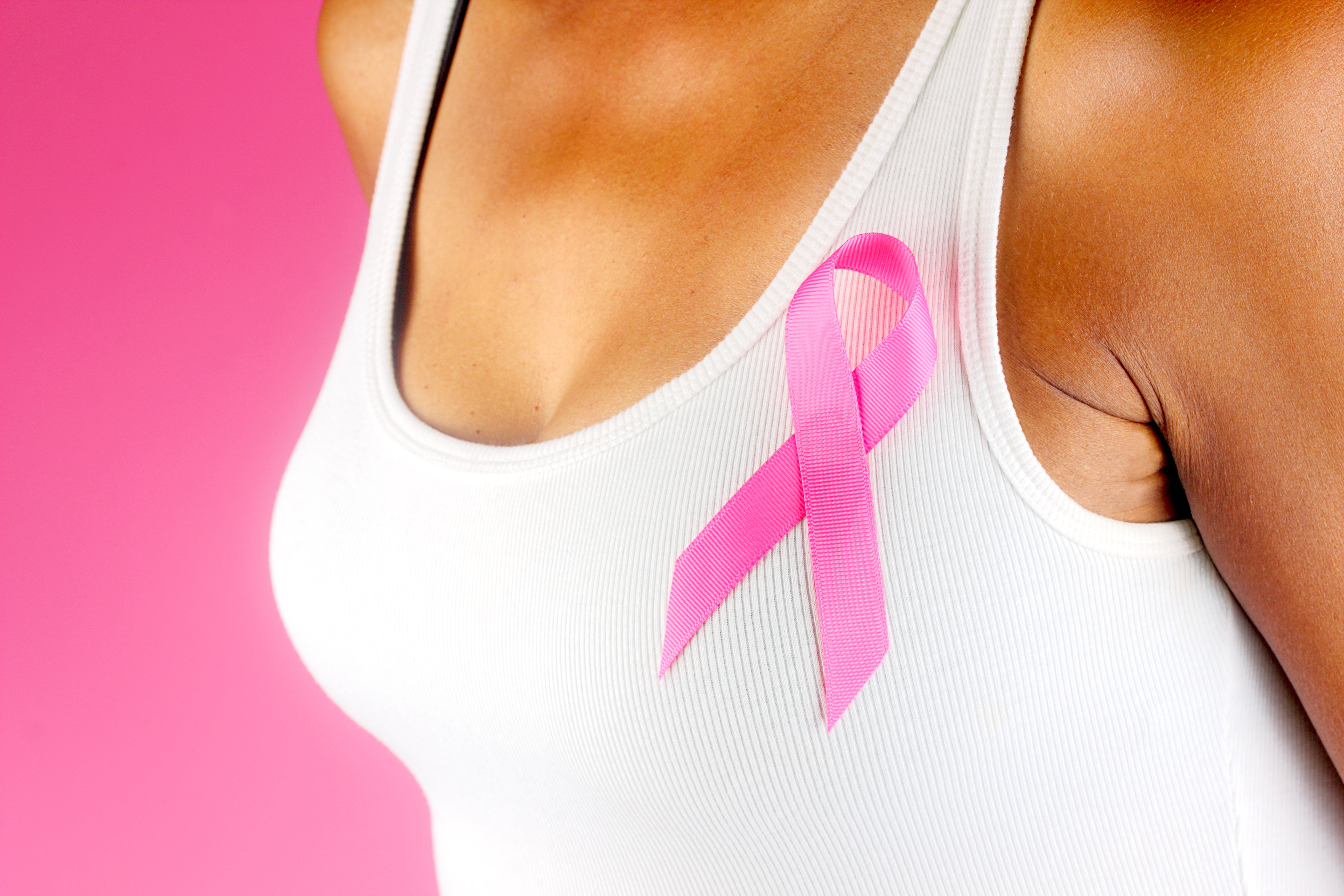
A Black woman’s relationship with her girls is a special one. We get to know them, we check up on them, and to ensure the bond with our favorite ladies continues to flourish, we see to it that they are happy and cared for.
Now, an initiative by Susan G. Komen and the Ad Council is pushing for Black women to know and love the “girls” on our bodies as much as we do our girlfriends.
“We want women to identify [breast abnormalities] early, and we want to make sure that they’re comfortable doing things that are going to be for prevention, for screening,” Dr. Lori Wilson, cancer surgeon and breast cancer survivor told ESSENCE. “Because the earlier you can find it, the better you’re gonna do and the smaller it’s gonna be. We want you to say something, and not wait.”
In an effort to educate more women on the preemptive actions they can take, and bring awareness to the daunting rate at which Black women succumb to breast cancer — we are 40 percent more likely to die from this form of cancer than White women — last month the leading breast cancer organization and the producer of public service announcements, kicked off the “Know Your Girls” campaign.
“What I love about this campaign is the self-care aspect,” Shyrea Thompson, Susan G. Komen’s Senior Director of Strategic Initiatives shared with ESSENCE. “We’re asking Black women to do something for themselves. We’re so used to taking care of everybody else. We take care of mom, the kids, our husband, our neighbors, our church. Now it’s time we add ourselves to the list.”
In addition to educating Black women on the health disparities via TV, radio, print and digital PSAs, the partnering organizations have also launched KnowYourGirls.org as a destination for women hoping to get more information about what they should do to be proactive about their health. Links to personal stories, health resources, and ways to get involve populate the site along with contact information for the Komen breast care helpline.
“This is an open forum that you can anonymously join, tell your story, and get support,” Dr. Lori Wilson explained. “This gives women a way to be supported, to get their questions answered and know that they are safe there. The goal is really to target women Black women so that they can take charge of their breast help and turn that knowledge into action.”
